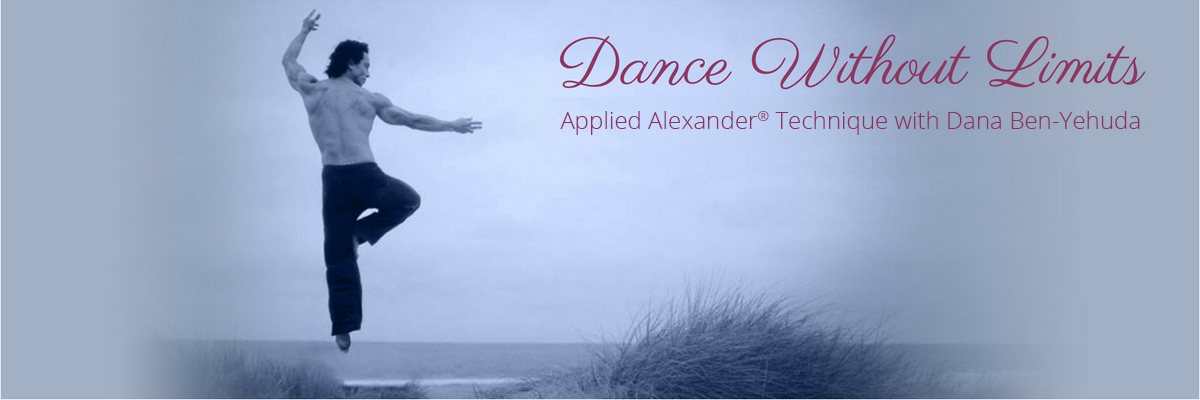Viktor Frankl: the Freedom to Choose
Hello Friends,
Thanks for stopping by again. I’m inspired by my colleagues – surely a nice thing! It’s wonderful to learn so much from them. My friend, Sandra Riddell, in Edinburgh, wrote a lovely letter about a quote from Viktor Frankl. We had a lovely exchange that I’d like to share. With her permission, here ’tis:
Viktor Frankl was a survivor of the concentration camps. He went on to develop a system of psychotherapy based on his experiences there, and the philosophy he outlined in his book, Man’s Search for Meaning.
“Between stimulus and response, there is a space. In that space is our power to choose our response. In our response lies our growth and our freedom. The last of the human freedoms – to choose one’s attitude in any given set of circumstances, to choose one’s own way.” Dr. Viktor Frankl

“It is also my experience that as we quieten down the ‘chatter and clutter’ in mind and body, underneath the agglomeration of habits, opinions and ideas which we think of as ‘me’, we find that there is indeed ‘space’, which is not empty or sterile, but rather a place of true stillness, quietness and a deep wisdom, and which we can – eventually, sometimes – learn to dip into before we choose our responses. The ‘witnessing awareness’, or consciousness, is in that space, the watcher of the thought … the only reality that is not in a state of constant flux.
That’s a long way down the road from our first faltering steps in ‘thinking in activity’, and does not fall under the rubric of teaching the Alexander Technique, so in practical terms for our students and ourselves…. we are always in motion, right down to the atomic level and beyond! But I find it important not to lose altogether the sense of ‘something deeper’ – the still point – some students discover this for themselves.”
Sandra
I wrote to Sandra:
“I love this post of yours. I think that as an indirect result of an Alexander lesson, it is something that may be experienced, and as you said, some students discover this for themselves. When the mind/body continuum are quiet, all kinds of wonderful still points in life may be experienced.
I also think that one may use “motion” as a definition of life itself, certainly on the cellular level. That is far different than busyness or frenetic, extraneous motion. When there is balance and harmony, there is peace, like sitting in a quiet garden on an idyllic summer’s day.”
Dana
Sandra replied: “Your last sentence brought up an image of sitting in a garden swing seat, moving to and fro in a gentle rhythm, with a ‘stillpoint’ at each end of the swing. Lovely.”

